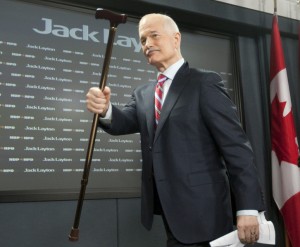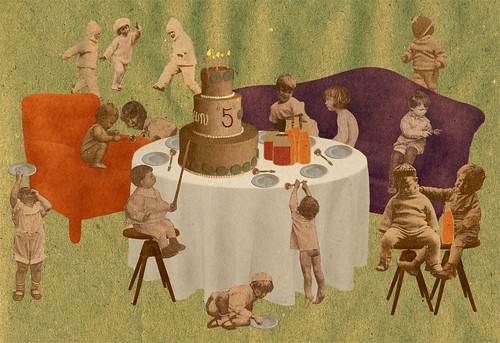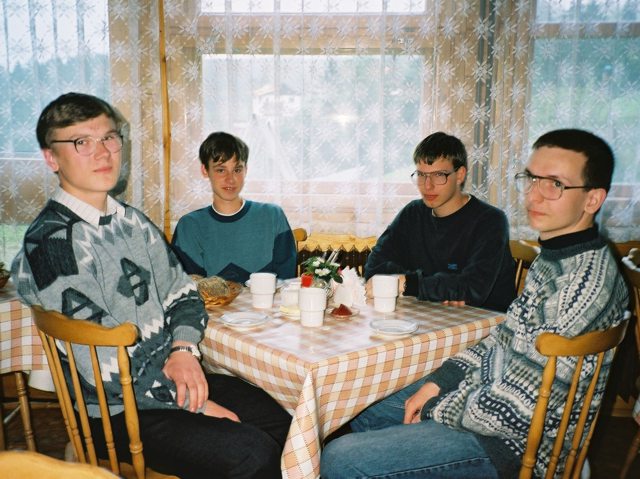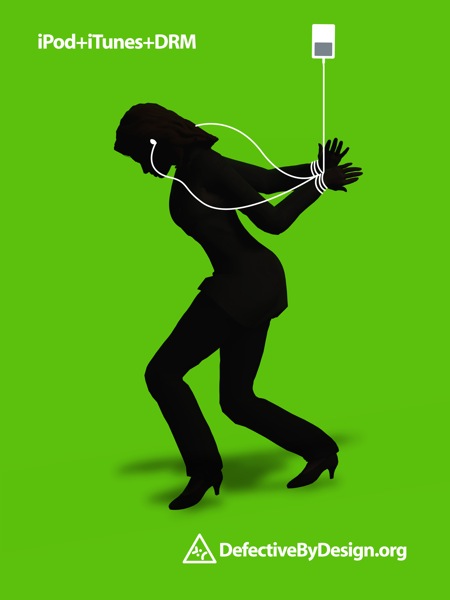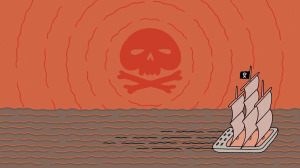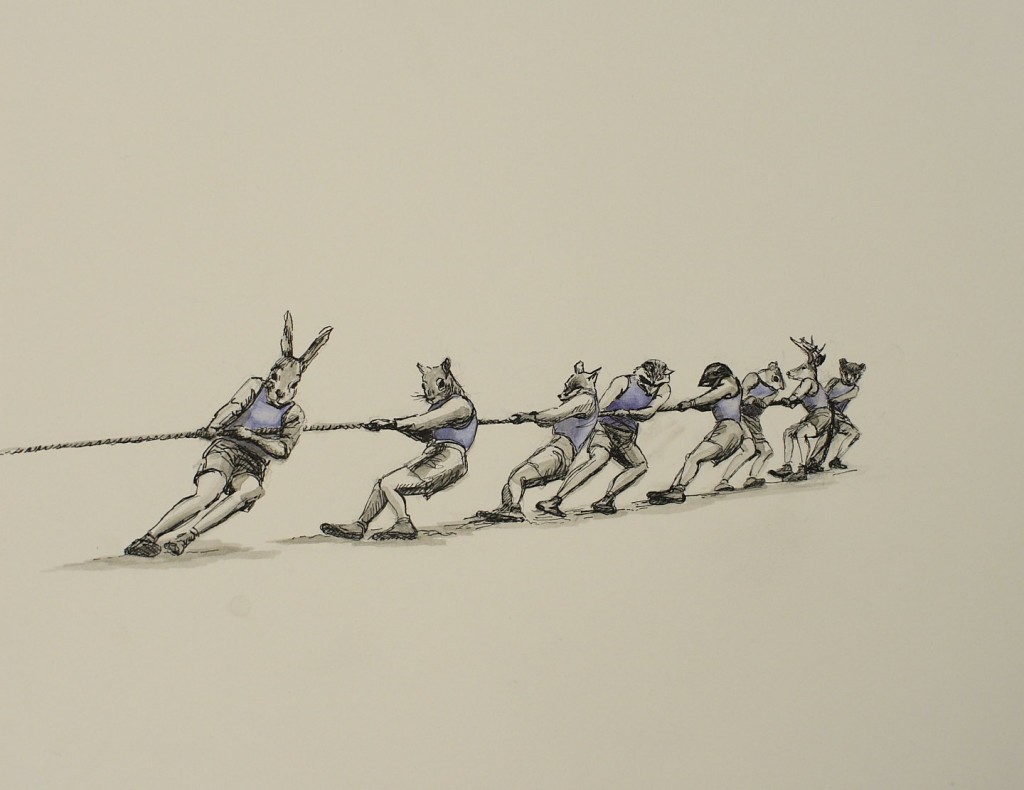May and her Green Party have pluck, you have to give them that. As a new party, there are a lot of issues about which they need to get the word out. Still, their platform has a few planks that relate to libraries and library related things:
*Ensure that copyright policy allows students to properly conduct and create research in a manner that is consistent with a thriving information commons, fair dealing principles, and moral rights.
* Ensure network neutrality by supporting the principles of fair use, consumer information privacy, communications market competition, and rationalization of the statutory damages provision.
* Recognize that access to high-speed internet connections is now a critical aspect of infrastructure and work to expand access to address the digital divide.[source: CLA platform analysis]
The Green Party is also a vocal supporter of Vote for the Internet and Open Media, an organization that strives to “make media and telecommunications more transparent, with broader and more representative public participation. Our job is to shine a spotlight on key media policy developments, and provide essential tools and information for citizen engagement.”[source]
May’s comment on the subject: “The internet is critical for modern day citizen engagement and an integral part of our economic competitiveness. The Greens pledge to adhere to OpenMedia’s Stop the Meter campaign on Internet access. We are committed to enhancing broadband access, competition, transparency and choice.”[source]
In this area, I think the Greens, bless their hearts, have more optimism than specifics. This comes with being a new voice on the national stage. But, they are a rising alternative.
***Find out More***
Party websites:
www.liberal.ca
www.conservative.ca
www.blocquebecois.org
www.ndp.ca
www.greenparty.ca
Register to Vote:
www.elections.ca

